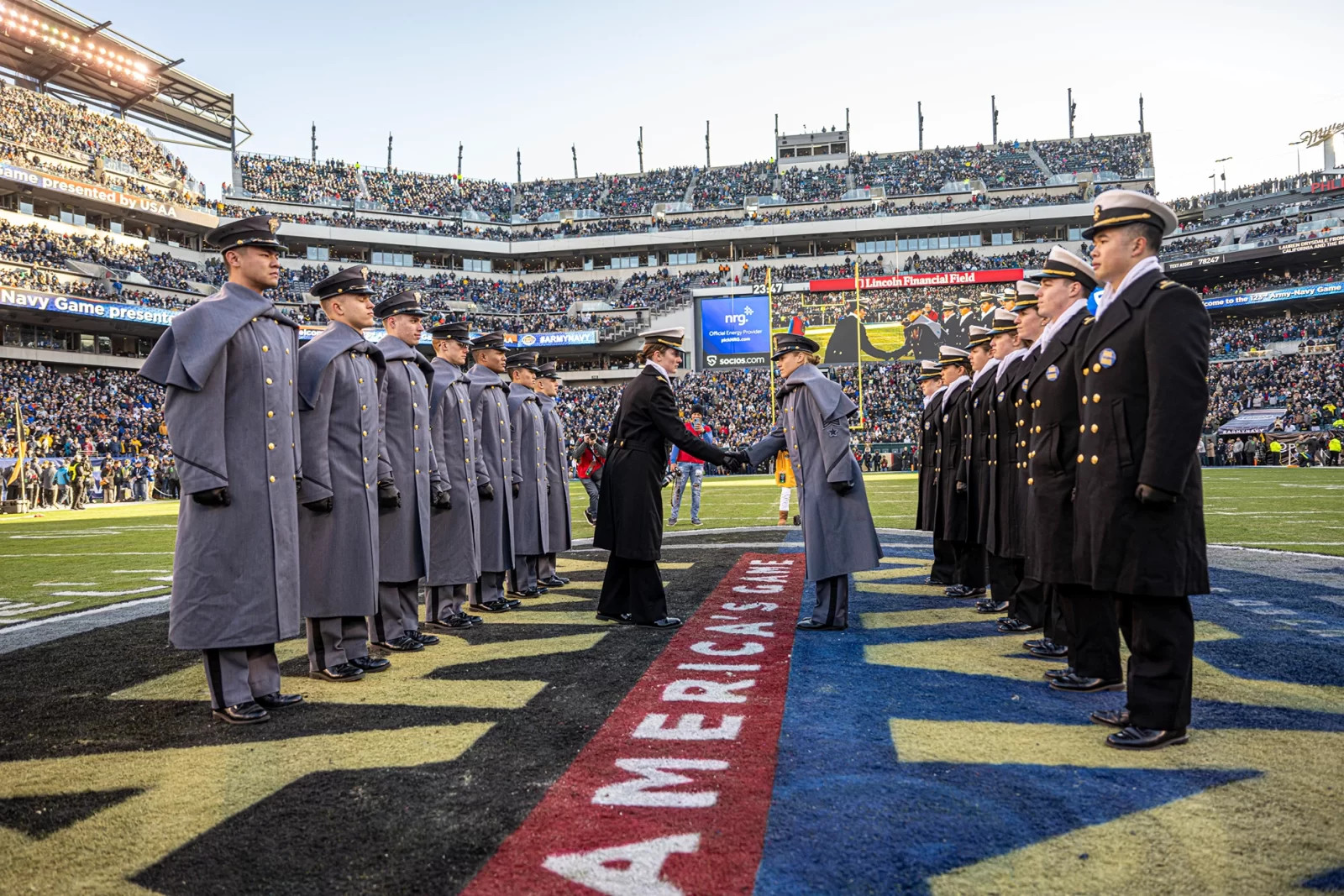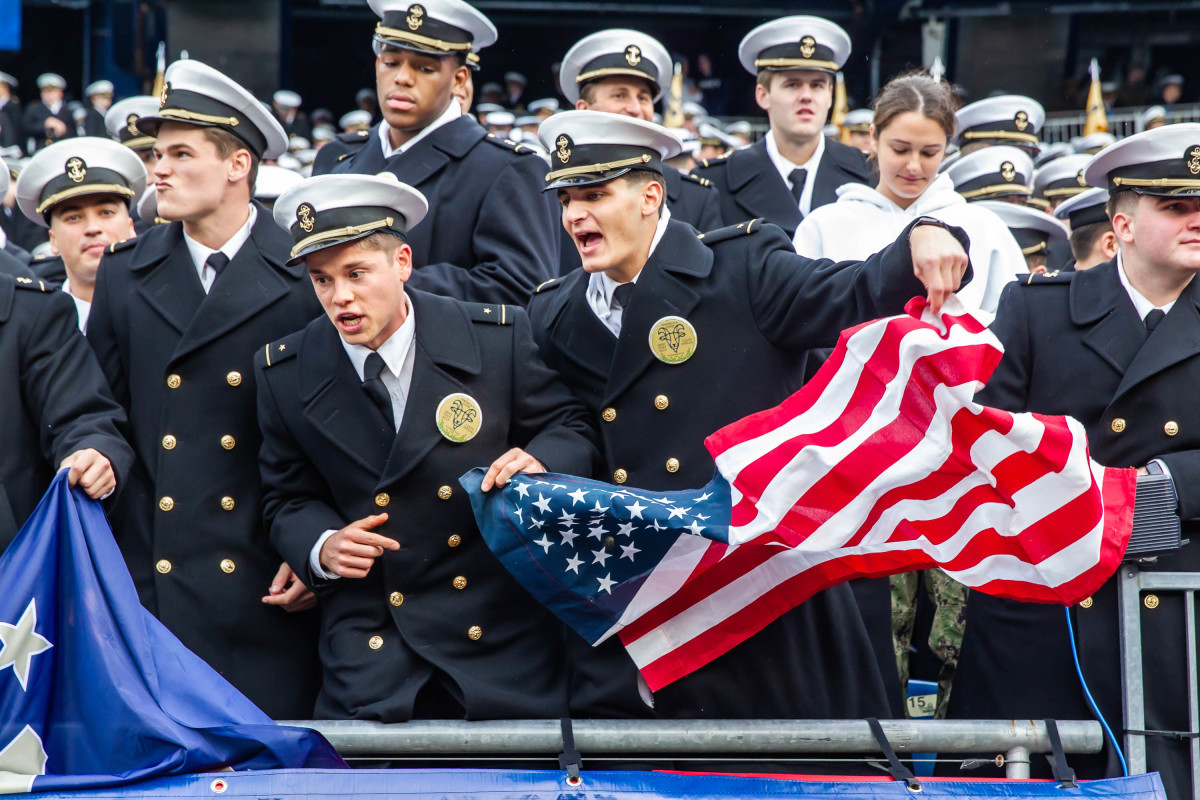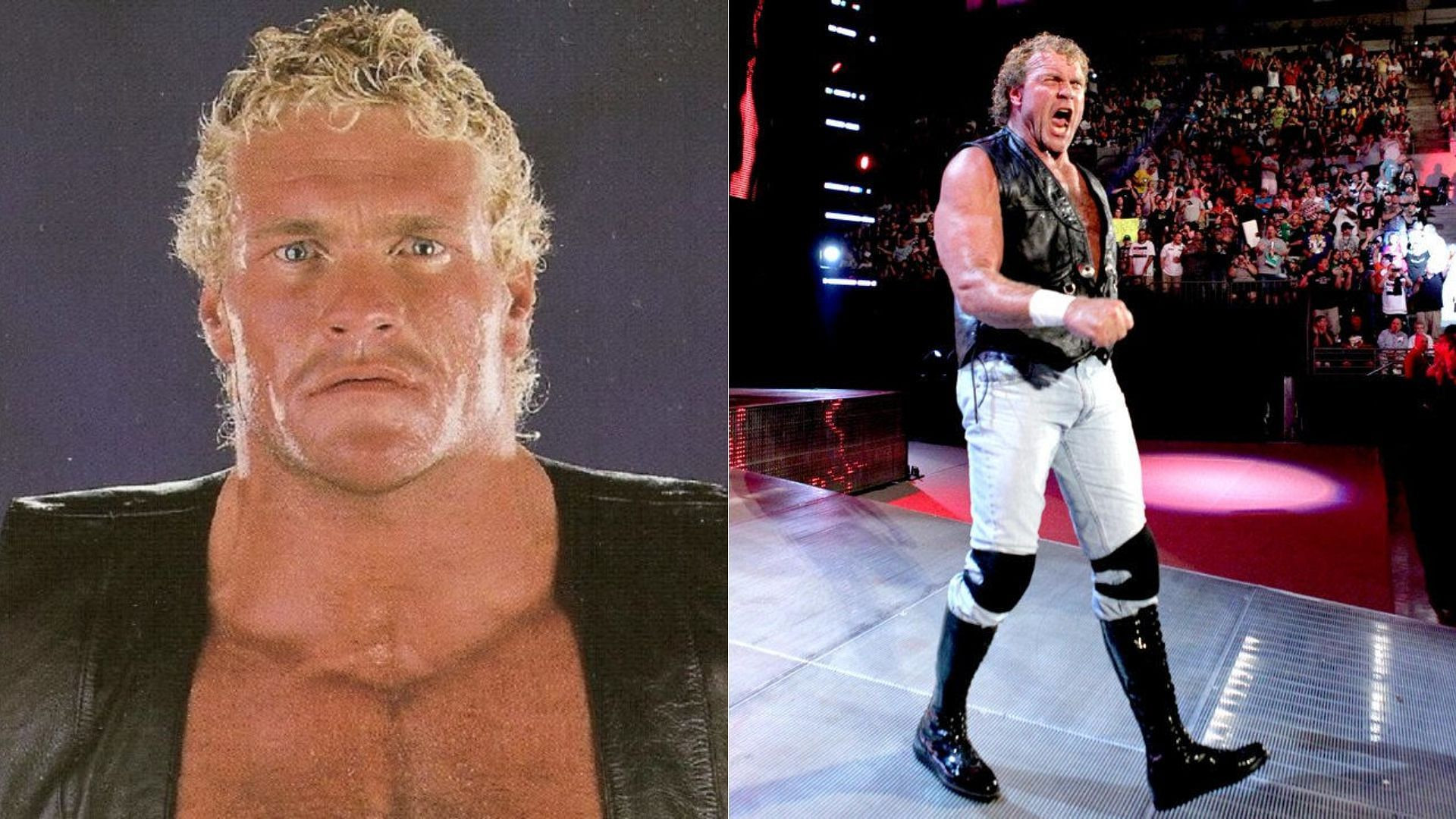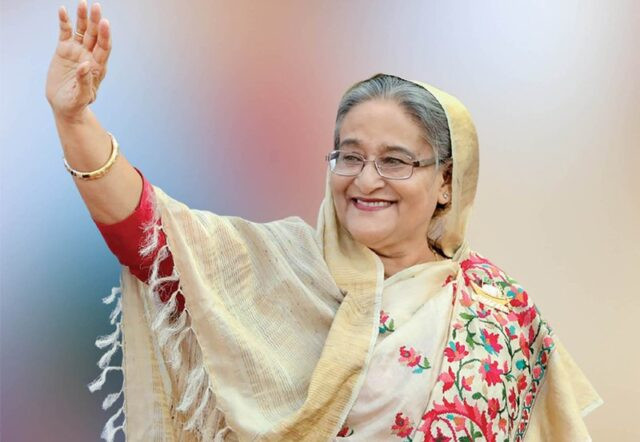Trump's star-studded Army-Navy game appearance: A Political Power Play?
President-elect Donald Trump's attendance at the annual Army-Navy football game wasn't just about enjoying the rivalry; it was a carefully orchestrated display of political power and alliances. Accompanied by a select group of high-profile figures, the event served as a platform to showcase his upcoming administration's key players and address lingering controversies. The game, a spectacle of military tradition and sporting prowess, became a backdrop for significant political maneuvering.
Key figures in Trump's entourage
The presence of Pete Hegseth, Trump's controversial pick for Secretary of Defense, was particularly noteworthy. Hegseth, a former Army major and Fox News host, has faced intense scrutiny over past statements and allegations. His appearance alongside Trump signaled the president-elect's unwavering support despite the ongoing debate surrounding his nomination. Hegseth's recent efforts to moderate some of his more extreme views, such as softening his stance on women in combat, seemed to be an attempt to improve his chances of Senate confirmation. His words, “before, he said that they shouldn't be in combat roles. Now he's saying that women are some of America's greatest warriors and that his earlier comments were taken out of context,” are telling of the adjustments he’s made to navigate the political landscape.
Florida Governor Ron DeSantis, also in attendance, adds another layer of intrigue. Reports suggest DeSantis was considered a potential backup for the defense secretary position, highlighting the precarious nature of Hegseth's nomination. Furthermore, DeSantis's potential departure from the Florida Senate seat and Trump's desire to place his daughter-in-law, Laura Trump, in that position introduced yet another layer of political strategy into the game's narrative. This was more than just a football game; it was a chess match played out on the field.
The unexpected guest: Daniel Penny
The presence of Daniel Penny, the military veteran recently acquitted of criminally negligent homicide in the death of Jordan Neely, was the most unexpected but perhaps the most politically charged. Invited by Vice President-elect JD Vance, Penny's inclusion served as a bold statement regarding the ongoing debate surrounding the case and the larger context of racial justice, homelessness, and mental health issues in New York City. Vance's defense of Penny, characterizing him as “a good guy,” and his criticism of the prosecution represent a calculated move to consolidate support among certain segments of the population. The case was more than just a trial; it was a potent political symbol.
A Show of Unity and Strength
The carefully curated guest list at the Army-Navy game extended beyond Hegseth and DeSantis. It also included other key players in Trump’s upcoming administration, like House Speaker Mike Johnson, Senate Majority Leader-elect John Thune, and Senator-elect David McCormick, showcasing the president-elect’s efforts to solidify his support within the Republican Party. These lawmakers, eager to establish their priorities with the incoming president, engaged in conversations about future legislative plans and potential collaborations. The game served as a high-profile networking opportunity, solidifying alliances and laying groundwork for future political endeavors. The collective presence of these figures served as a powerful message of unity and strength heading into the next presidential term.
The Drone Enigma and Trump's Response
Beyond the game's political undertones, another matter occupied the White House's attention: the mysterious drone sightings over New Jersey and other parts of the Northeast. While officials have downplayed the national security threat, the ongoing mystery and Trump's call for the drones to be shot down highlight the uncertainty surrounding these events and reflect broader concerns of national security. His statement, calling for them to be shot down and questioning whether the government is withholding information, mirrors his reaction to the 2023 Chinese surveillance balloon controversy, drawing parallels to this new national security enigma.
McConnell's vaccine stand and Kennedy's nomination
Further complicating the political landscape is the controversy surrounding Robert F. Kennedy Jr.'s nomination. Senator Mitch McConnell's vocal support for the polio vaccine in response to a petition seeking the vaccine's revocation further fueled the debate over public health and misinformation. McConnell’s statement, emphasizing the dangerous nature of undermining public confidence in proven cures, directly challenges Kennedy’s perspective, highlighting the increasing polarization around science and public health. Trump's own comments on childhood vaccination programs during a Time Magazine interview have further emphasized the complex political implications of this ongoing conflict. Trump's comments are telling of the ongoing debate on vaccines and the political climate.
A Winning Strategy: A Glimpse into the Future?
The Army-Navy game wasn't merely a sporting event; it was a strategic display of power, a calculated move by the president-elect to solidify alliances, address controversies, and lay the groundwork for his upcoming administration. The selection of guests, the timing, and the overall atmosphere all contributed to a powerful message that showcased unity, strength, and a clear vision for the future. Trump’s ability to effectively use this event to advance his political agenda may presage the strategies he will employ in future endeavors. The future under his leadership remains to be seen. The success of the strategy will hinge on future events and their impact on the American populace.



















